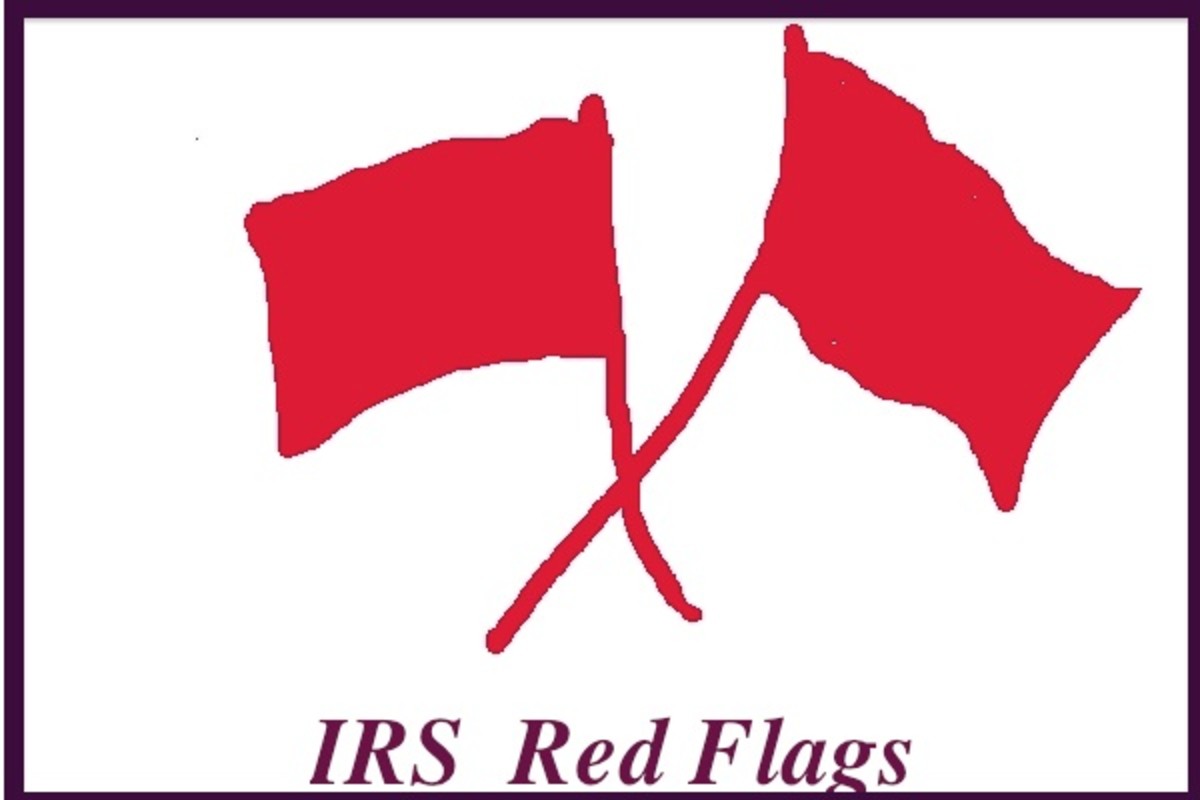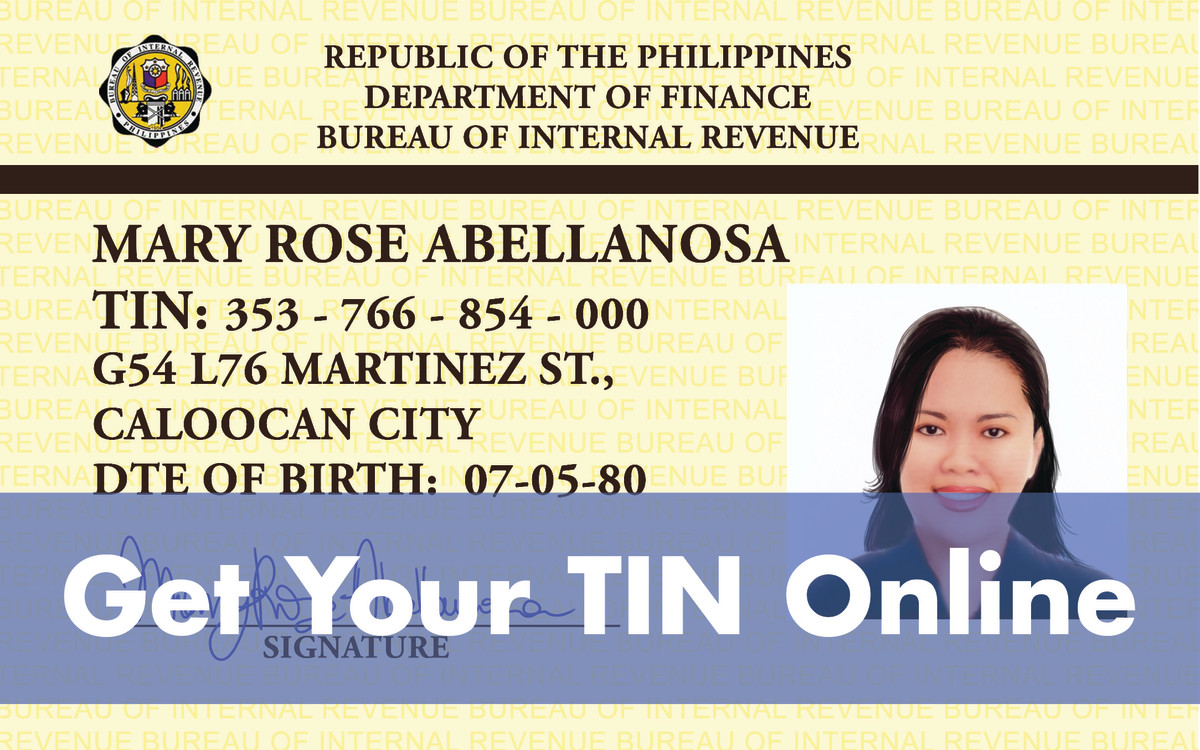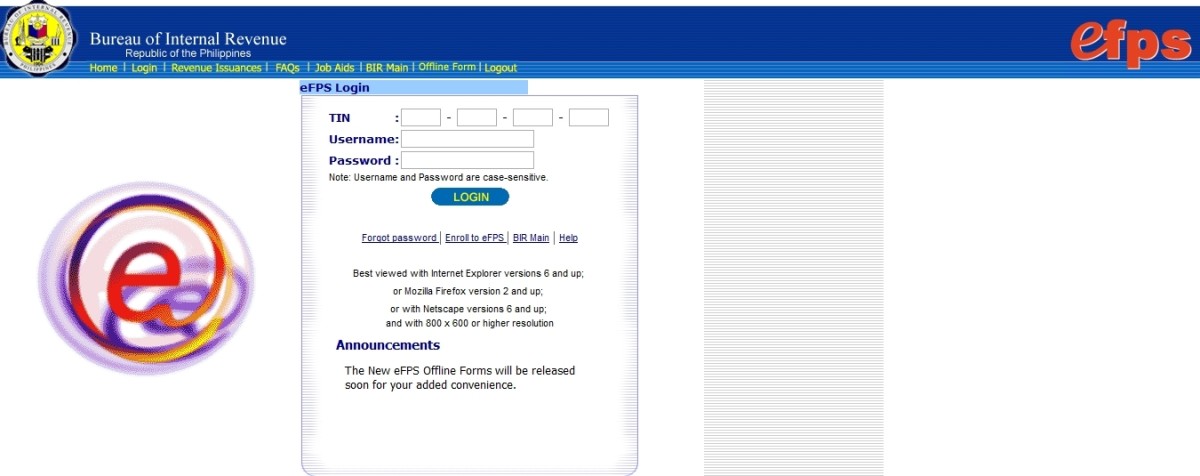Guide to Tax Deductions for Business Travel Expenses

Business travel expenses can often be deducted on your taxes. However, as with every other tax deduction, there are rules that you need to follow when using these deductions. There are things that can be deducted and things that cannot. Also, you need to make sure that you’re keeping proper records of the business travel expenses that you wish to deduct. This guide will help you to get a solid grasp on what you need to know for deducting business travel costs from your taxes this year.
What Can Be Deducted
It is tough to know what can legitimately be deducted and what cannot. However, the truth is that you really only need to follow a basic sense of honesty and you’ll be safe with your deductions. Ask yourself if the expense was a legitimate business expense. If you can honestly answer that it was then you shouldn’t have any problems. Examples of business travel expenses that can be deducted:
· Cost of airfare and hotel when traveling to a destination for the sole purpose of conducting business.
· Cost of using your own car to get to a business travel destination as well as the cost of using the car at that destination. However, cost for travel during the trip that is unrelated to your business activities may not be deducted. (For example, if you spend a day sightseeing then those miles aren’t counted as deductible.)
· Meals. There are certain rules that are in place about the deductions for meals. You can use a daily meal allowance for multi-day trips. For single-day trips, you can deduct 50% off of business meals including tax and tip (according to USAToday, linked to above).
· Fees that are related to the business travel. For example, if you had to pay a luggage fee at the airport or you need to pay a fee to get Wi-Fi at your hotel then this is a legitimate fee associated with traveling for business and that makes it deductible.
· Shipping costs for the trip. If you needed to ship presentation materials to yourself to be used at the business travel site then those shipping fees would be deductible. If you purchase items for your business at the location and need to ship those to your office at home, that’s deductible.
· Dry cleaning and other expenses that are required for your business. If you had to send your laundry out from the hotel to have it dry cleaned because you actually needed it the next day for a business meeting then that is a deductible expense. It’s not deductible to take all of your family’s laundry with you and have it sent out when it’s not needed for business.
What Can Not Be Deducted
There are a few rules to keep in mind here about what cannot be deducted for business travel. Anything that is not a legitimate business expense shouldn’t be deducted. For example, if you went to visit an art museum during your stay just because you wanted to see the exhibit then that clearly wasn’t a part of your business travel. The admission fee to the museum is not deductible.
Likewise, you need to keep your business travel expenses reasonable. For example, you aren’t allowed to deduct the cost of business meals that are “lavish and extravagant”. There are not clear cut rules about the amount of money that you are allowed to spend but use your common sense; the $600 bottle of wine is probably not a normal dinner expense so it’s not going to count as a deductible expense for your business dinner either.
Finally, you can’t deduct the entire cost of your business travel if your family comes along for the ride. You can still deduct the part of the cost that is for business (your portion of the hotel room, your own airfare) but the fees for the rest of your family are not deductible as part of the trip.
What Type of Records You Must Have
Business travel expenses must be carefully recorded in case you end up getting audited. You must have a written record of all of the deductions that you claim. This record can be a receipt, a written entry in a business spending log, a canceled check or a combination of these three. Make sure that the record for each and every transaction has the following information noted somewhere on it:
· Who paid for the purchase. For example, your credit card receipt probably has your name on it.
· Where the purchase was made. Was it at a hotel? A restaurant? A cab?
· What the price is for the purchase. This one is standard.
· What the date of the purchase was. This should be easy to find on receipts and canceled checks.
· What the purpose is of the expense. You want to make sure that you have clearly noted why you spent this money. For example, “lunch with client A to discuss meeting about project B” is a lot better than just “lunch”.
In summary
Don’t try to cheat the government on your taxes but do make sure to get the deductions that are fairly coming to you. Ask yourself if an expense was a legitimate business expense that was required as a part of your business travel. If it was then there’s a good chance that it’s legitimate to deduct that expense. Make sure that you keep a good record of why and where you spent that money.









